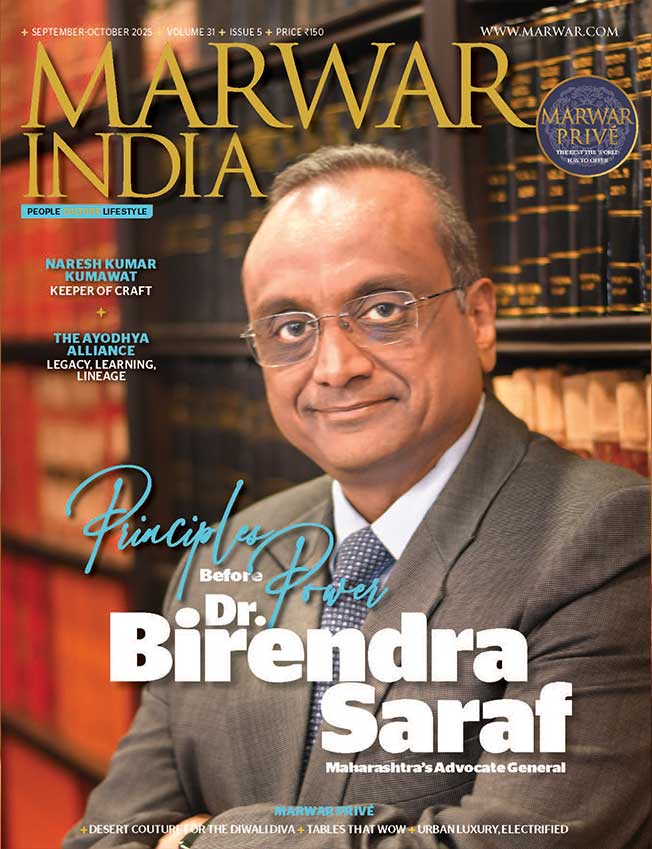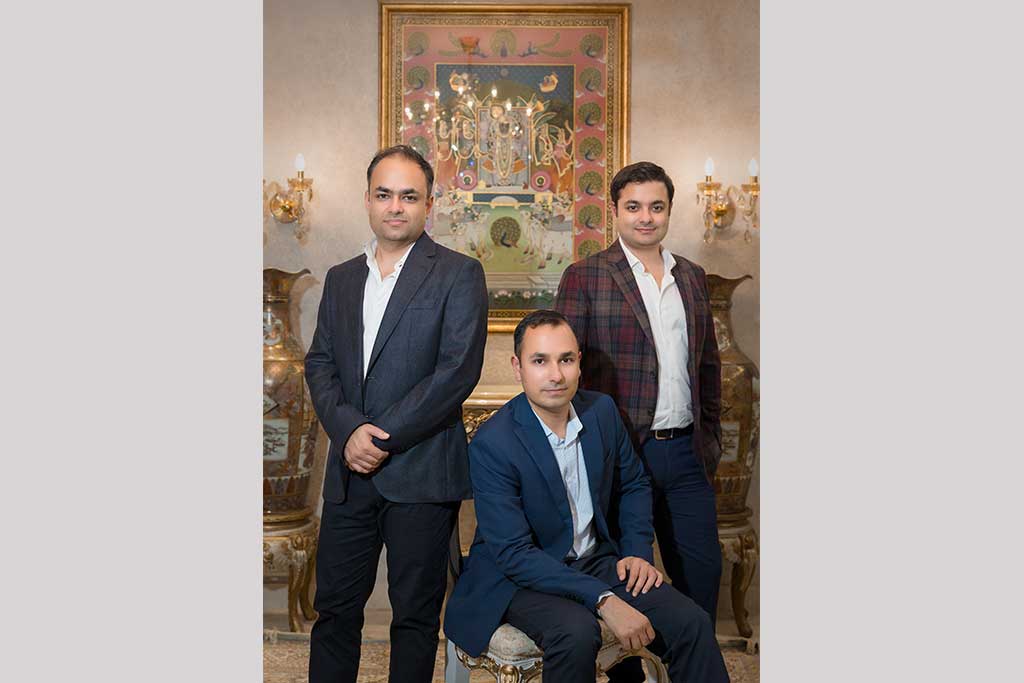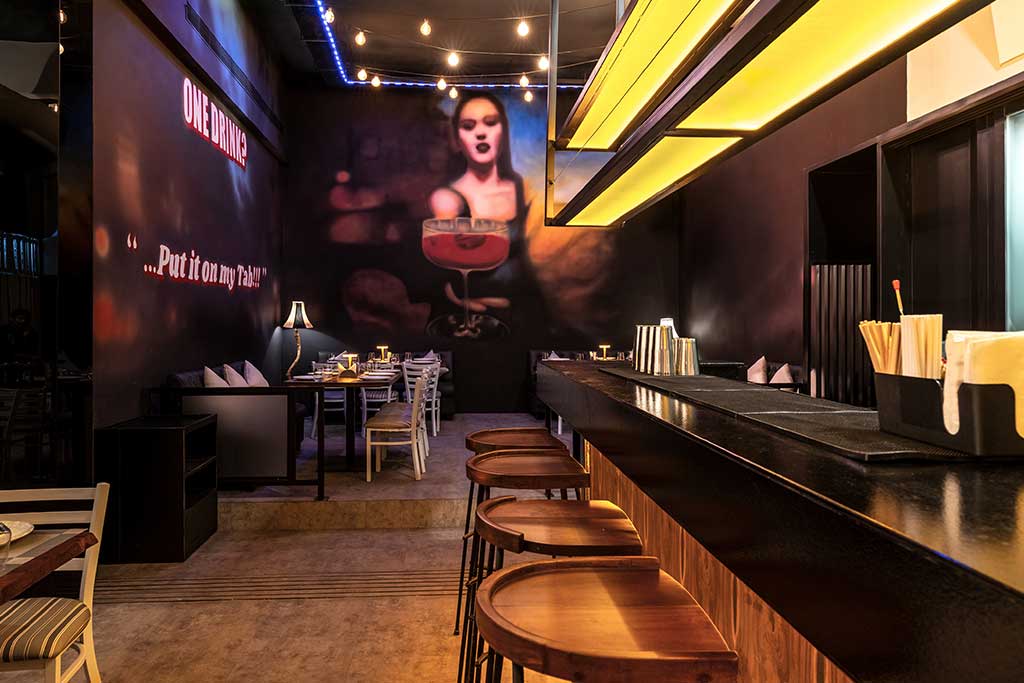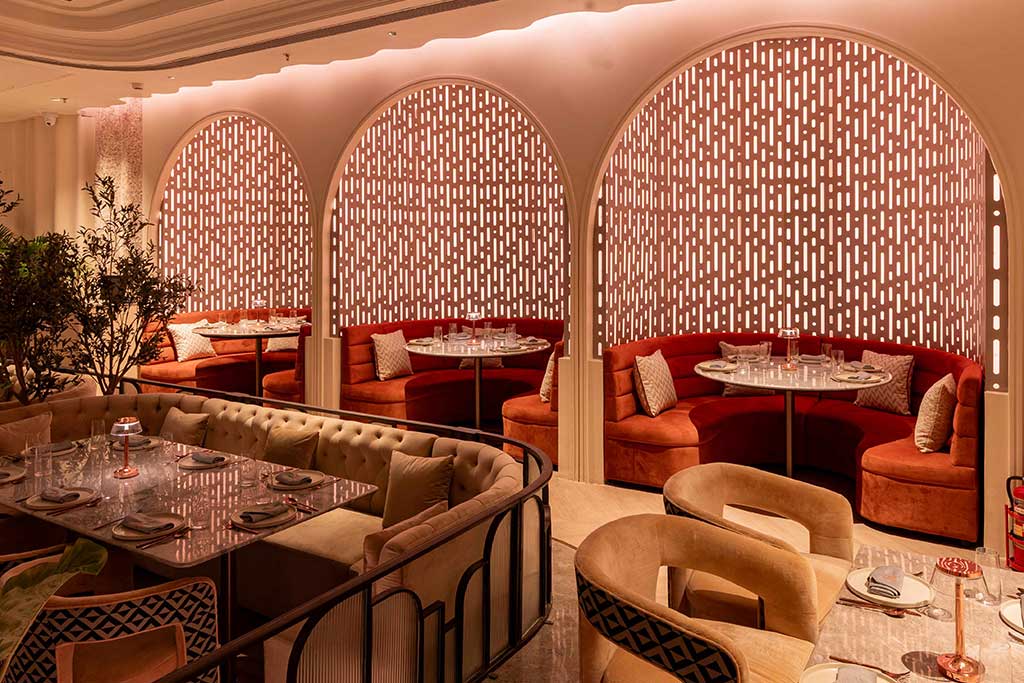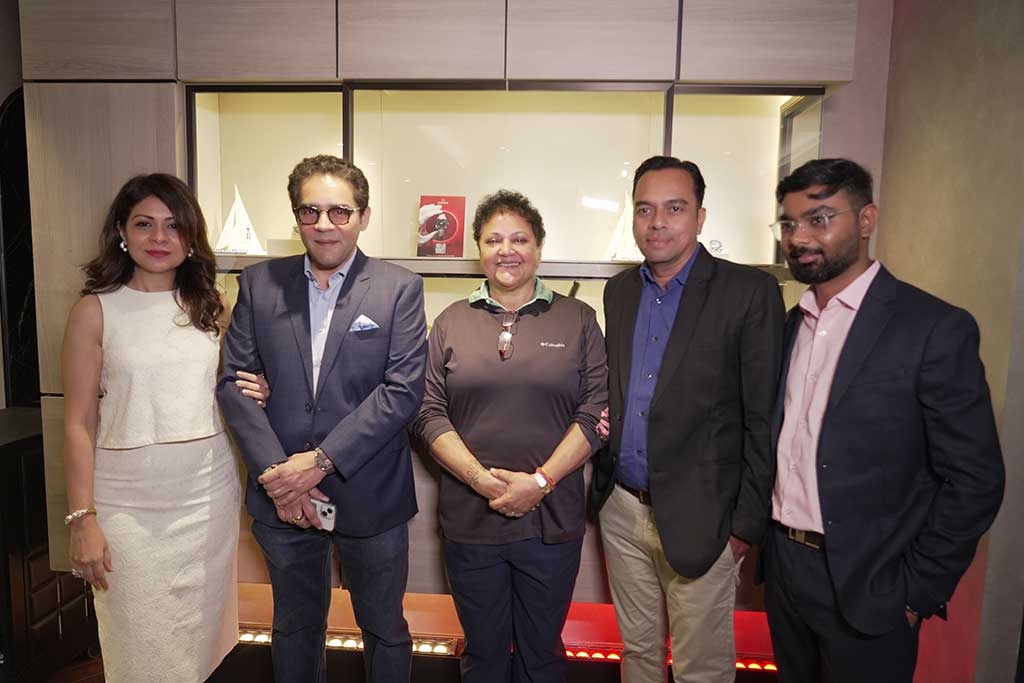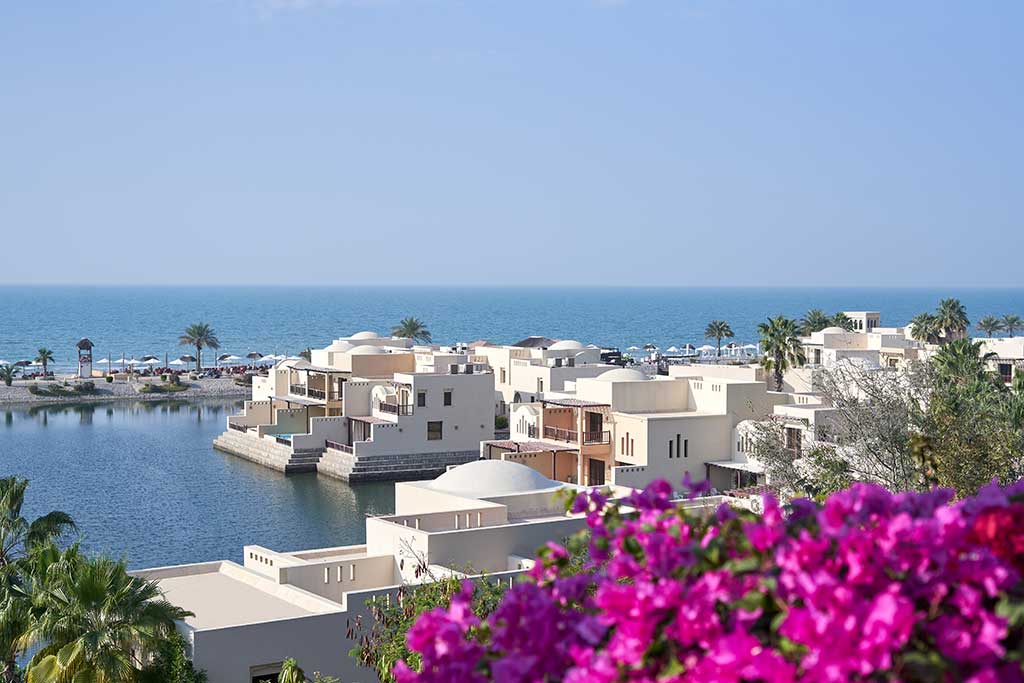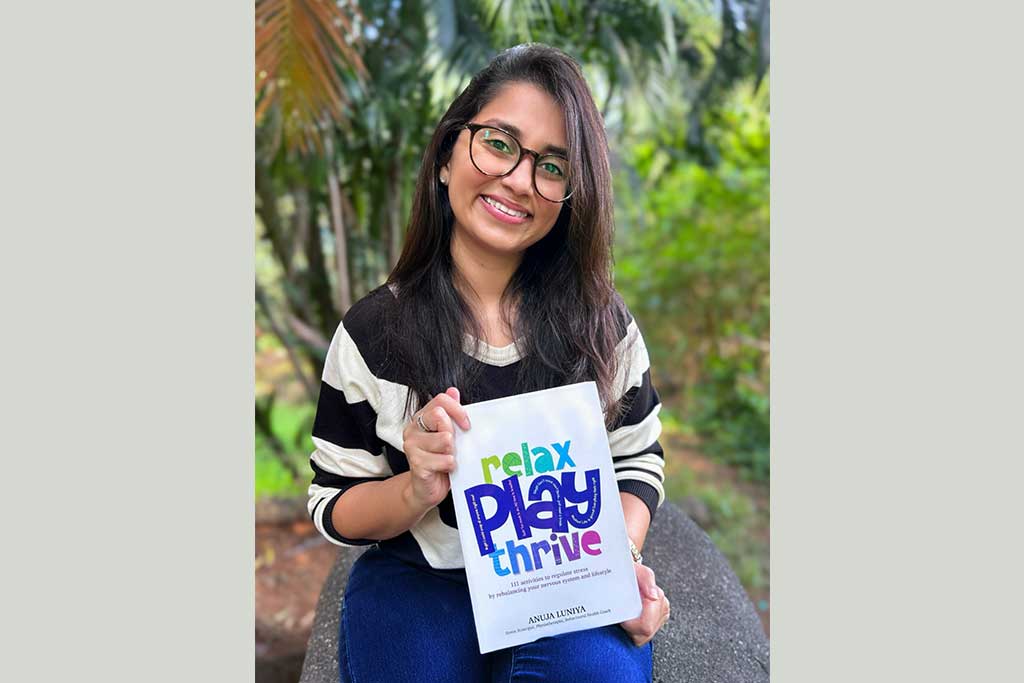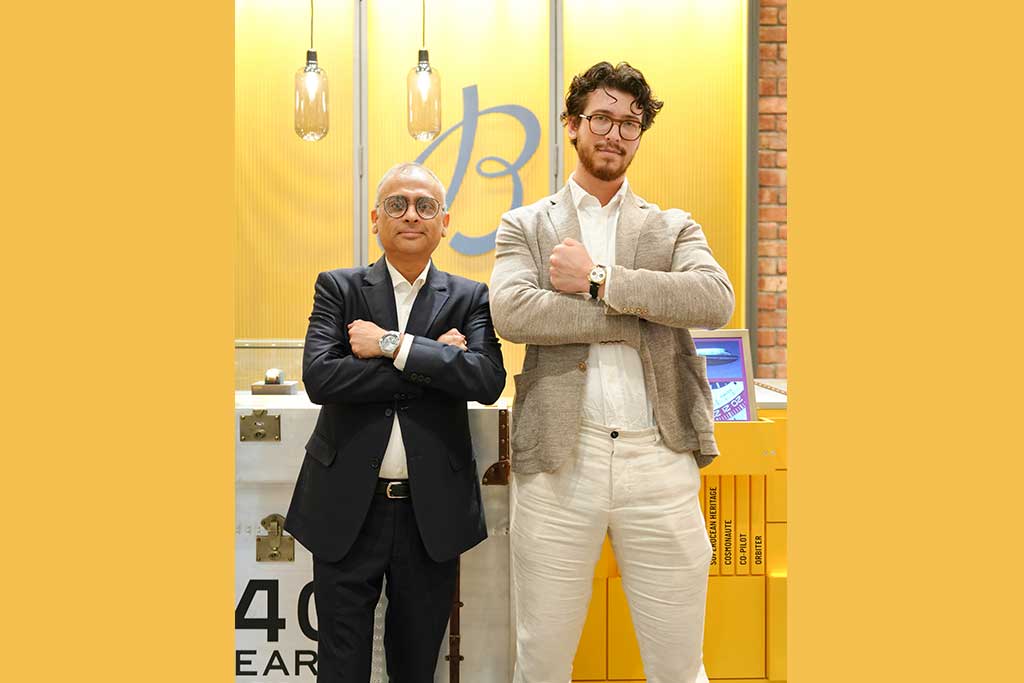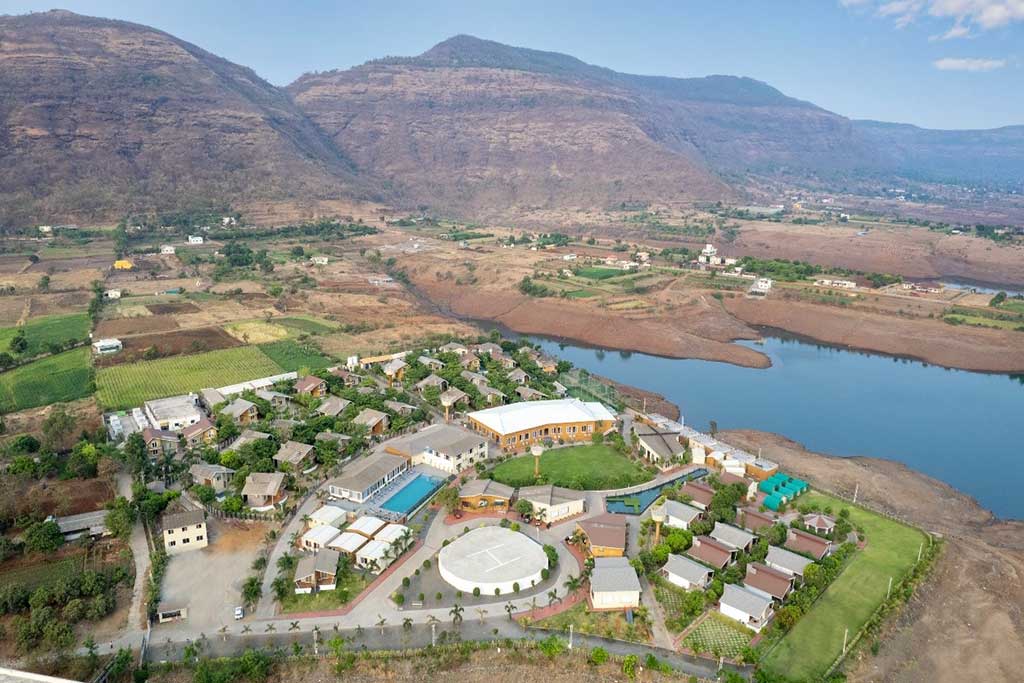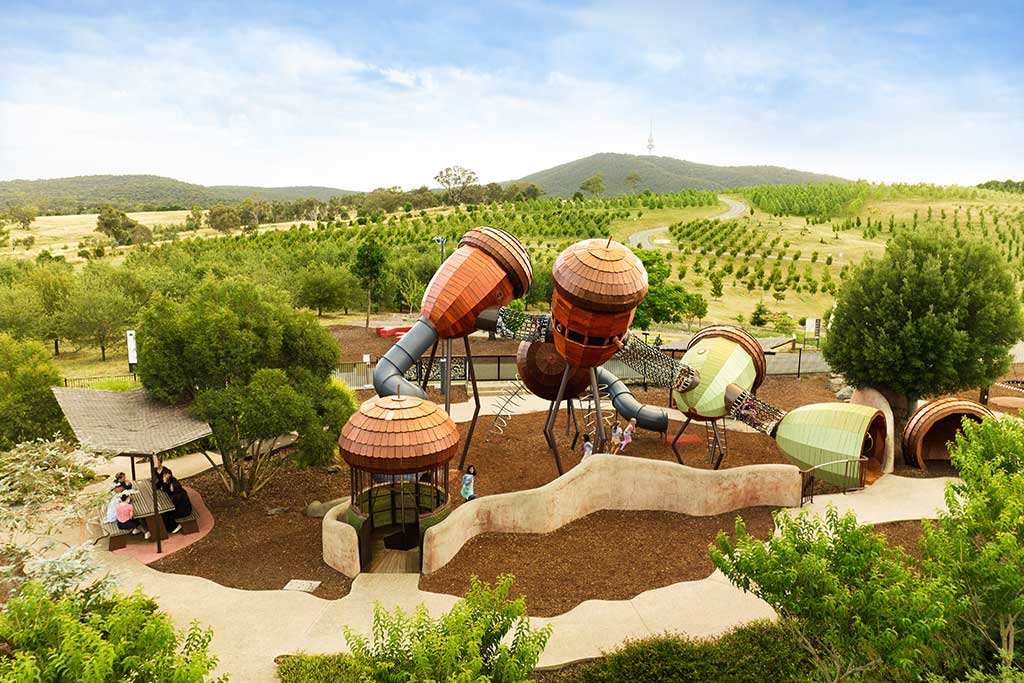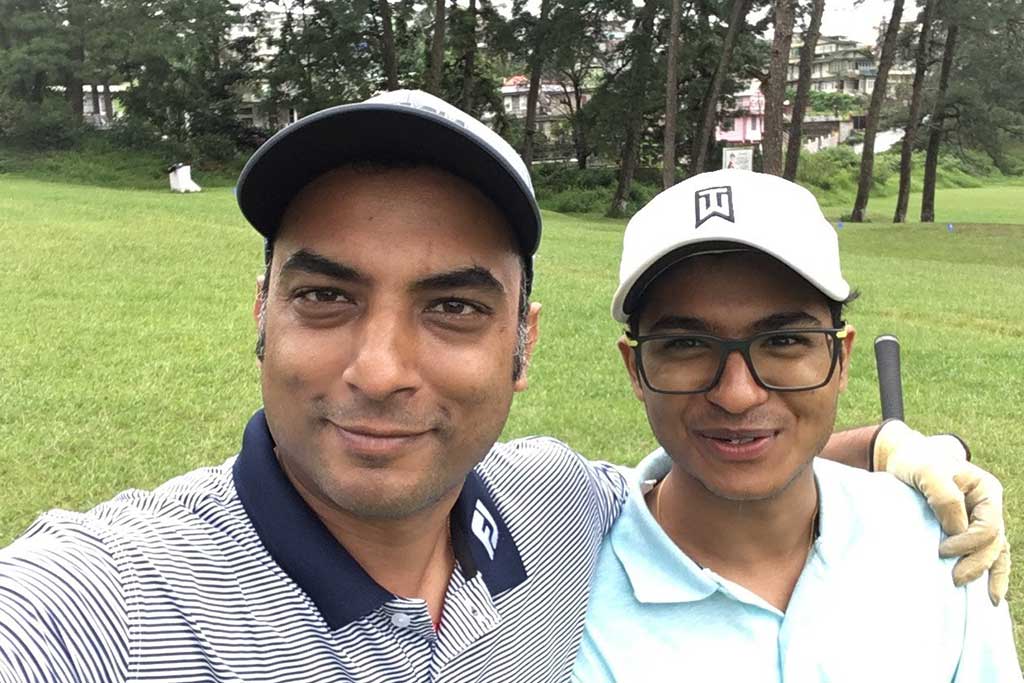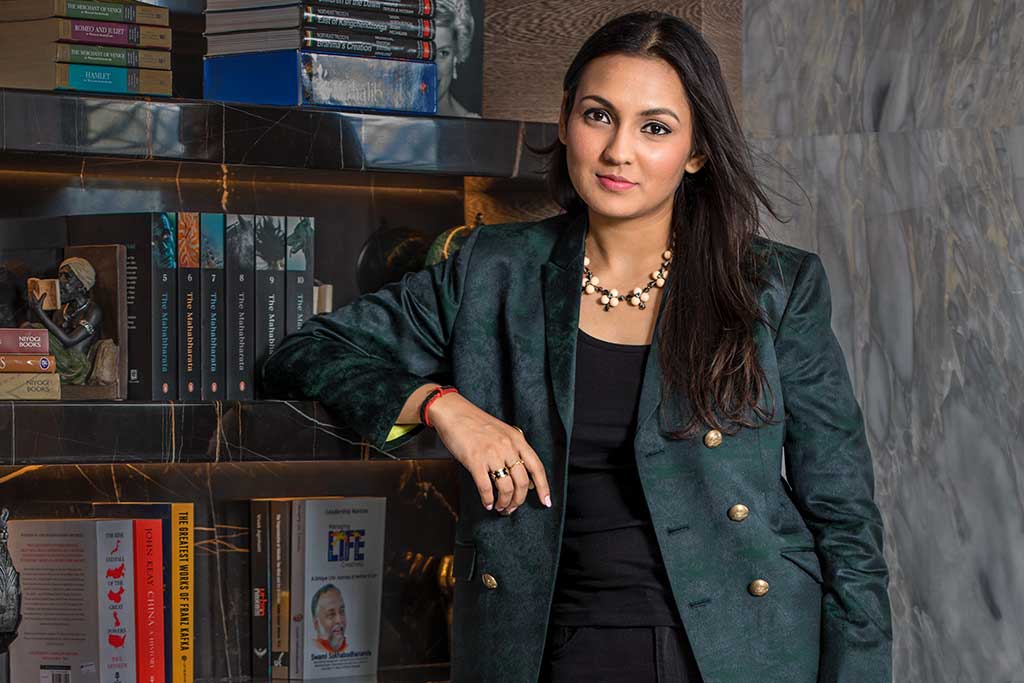Camel Charisma, co-founded by Hanwant Singh Rathore and Dr Ilse Köhler-Rollefson, works towards reviving the camel heritage of Rajasthan. To mark the Camel Festival in Rajasthan this month, we put the spotlight on this social enterprise that is actively supporting the camel community to create sustainable livelihood.
Known appropriately as the ship of the desert, the camel in Rajasthan has been etched in the sands of time through folklore such as the love story of Princess Moomal and Mahendra. In 2014, the Rajasthan government declared the camel as the official state animal. The Raika community of breeders shares a special relationship with camels that they have been breeding for centuries, primarily in Sadri village of Pali district in Rajasthan. The community, however, desperately needs a market to earn their livelihood, else they have no economic incentives to breed camel
The camel connection
Perched below the Kumbalgarh Fort is Camel Charisma, a social enterprise that is actively working towards providing income opportunities for herding communities. With its main purpose being to save camels by creating livelihoods, it creates and buys ecologically-friendly, cruelty-free products from camel herders. Needless to say, both of its founders, Hanwant Singh Rathore and Dr Ilse Köhler-Rollefson, share a common passion for camels.
Rathore’s family connection with camels goes back before the independence era. As a young boy, he watched his maternal grandfather buying special breeds of camels from Tilwara village—situated close to Rajasthan’s Barmer district— and selling them to robbers and dacoits as well as maharajas and thakurs for riding and transport purposes. “I grew up around camels, spending time and playing with them,” recalls Rathore.
In 1992, German scientist Dr Ilse Köhler-Rollefson arrived in Rajasthan, and started her work on camel research. Rathore joined her as a translator, and they began working together. The duo encountered several cases where villagers complained of their camels dying of diseases.

They also learnt that about 50 per cent cases of pregnant female camels would end up in an abortion. With financial support from friends and the German embassy, Dr Köhler-Rollefson started a special project to help 500 camels to begin with.

India's first micro-dairy
Lokhit Pashu-Palak Sansthan (LPPS) was launched in 1996 to help camel breeders with different problems. In 2008, LPPS set up its first dairy project Camel Charisma located near Jaisalmer to supply camel milk locally for diabetes patients.
Camel Charisma follows a new model of production. The Raika community keeps the camels in a traditional nomadic system, where they graze on 36 ayurvedic plants. Unlike other dairies, the calves are not separated from their mothers here. “We don’t want to follow that conventional model of dairying where one puts a lot of feed in, and gets a lot of milk out. We want our camels to freely choose their own diets under the care of their herders,” explains Dr Köhler-Rollefson. In 2015, Camel Charisma began marketing camel milk, wool, raw materials and other products with the aim to create a livelihood for camel breeders.
The milk is collected from registered and monitored herds, and as soon as it arrives in the dairy it is pasteurised then frozen for transportation to customers in Delhi and other metros. “Currently, Camel Charisma sells an average of 80-100 litres of milk a day, and pays R60 per litre to the camel breeder. This apart, we also take care of the camels’ health,” adds Rathore.

Reviving camel husbandry
Camel Charisma is taking huge efforts to support the camel breeders in various ways such as helping them in their fight for grazing rights and in veterinary care and also at the advocacy and policy level. In 1999, a High Court ruling had declared that camel milk was not good for human consumption and had punished one of the breeders from the Raika community. The founders of Camel Charisma challenged this decision at the Supreme Court. Within two months, the Supreme Court ruling went in their favour!
Initially established as a small NGO, the organisation is striving hard to create an impact on hundreds of families in Rajasthan, and intends to expand its marketing and dairying activities across the state. Some of its products such as feta and cream cheeses are in huge demand and being supplied to some of the finest luxury five-star hotels across the state. The enterprise has entered into a Memorandum of Understanding with an Abu Dhabi-based start-up for its all-natural, cruelty-free products.
“The camel is the centre of the Thar Desert’s biodiversity. It is like a desert gardener that helps to propagate the desert’s plans. With neither any fossil fuels involved nor any elimination of nature’s vegetation, it contributes to the sustainable management of Thar Desert,” conclude the founders.



Recent Posts
Discover Your Perfect Honeymoon in the Maldives
For Indian couples embarking on their journey of togetherness, the Maldives has long held an almost mythical allure - a tapestry of turquoise
Jewels Fit For Generations : The Nemichand Bamalwa Story
Since 1987, Nemichand Bamalwa Jewellers has been more than just a name; it is a legacy of trust, craftsmanship, and innovation.
Welcome to "What's Your Plan?"
This vibrant social hub by DJRS Hospitality blends chic vibes with gourmet bites,
Rajasthan’s Crafty Fashion Takeover
Rajasthan, India’s desert jewel, is a repository of exquisite and time-honoured crafts.
‘Mercii’ Beaucoup, Mumbai!
Stepping into Mercii at 81 Crest, Khar, feels like entering a world where gratitude is plated with every exquisite bite.
Game. Set. Watch: Omega Celebrates Smriti Mehra
Luxury Watch Boutique Time Avenue, Mumbai, in collaboration with Omega, hosted a special event to honour none other than Smriti “Simi” Mehra,
Sand, Sea & Sky - High Thrills
Whether you’re soaking in serene natural beauty or diving into extravagant fun, the UAE offers the perfect setting for an unforgettable family getaway.
Dr. Anuja Luniya Shows You How to Stress Less, Live More
Meet Dr. Anuja Luniya, physiotherapist by degree, stress strategist by passion, and your go-to guru for turning everyday chaos into calm.
Breitling's 140th-Anniversary Vintage Watch Exhibition: An Unmissable Showcase
The Breitling Heritage Exhibition, a remarkable showcase of the brand’s most iconic timepieces from its 140-year history, has been on an extensive global tour with 55 stops across four continents.
Dawn to Dusk with Sidhart Pansari: Steering Primarc's Legacy into the Future
We follow the dynamic director of the fastascendant Primarc Group
4 Perfect Getaway Resorts Near Mumbai
For those looking to break away from the urban bustle, India's hidden nature
48 Hours In Canberra
Canberra is a vibrant city with a rich culture, awe-inspiring natural landscapes, adventure-filed activities, and hospitable locals.
Understated Power
In the charming town of Shillong, Meghalaya, golf is more than just a game—it's a family affair for Gaurav and Lakshya Bajaj.
Understated Power
The Lexus LX500d is a rare sight on the roads, and this exclusivity is where its distinctive charms resides.
The Money Manager
Engaging young, ambitious, tech-savvy successors to manage family wealth is a rising global need among the super-rich.


